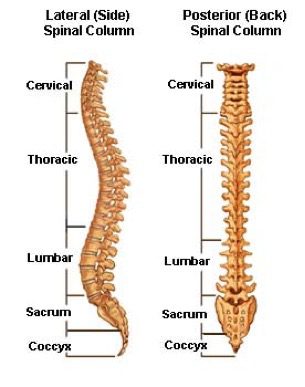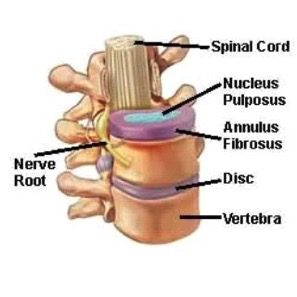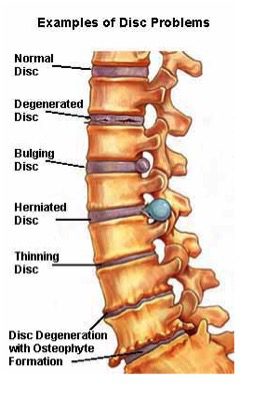Conway Medical Center Spine Center
For patients living with debilitating neck and back injuries and conditions can be challenging at best. At Conway Medical Center, we have developed a comprehensive spine surgery program at our Spine Center, focused on relieving pain, improving mobility, and helping patients return to more active lives. Our goal is to help you find peace from back and neck pain once and for all.
Don’t let chronic back problems keep you from playing your favorite sport, spending time with your grandchildren or simply enjoying a walk through your neighborhood. We have the solutions and the team you need to ensure a better life without back pain.
We’re Here for You!
A Better Life is a Click Away.
Get back to an active lifestyle at our Spine Center
Spinal surgery at our Award Winning Spine Center is a safe and effective way to treat and manage back pain and spinal conditions that interfere with your day to day activities. After the recovery period, quality of life improves drastically for most patients. The relief in pain allows you to once again be active, social and healthy without having to worry about pain.
Learn more about Spine Surgery at our Spine Center

Dr. Simone Maybin
Fellowship trained in Interventional Spine at Johns Hopkins Hospital
A Top 20 under 40 honoree by the North American Spine Society in 2021
Dr. Maybin graduated from the United States Air Force Academy with a bachelor’s degree in Biology. She earned her medical degree from The Medical University of South Carolina in Charleston, SC. Following medical school, Dr. Maybin completed her Physical Medicine and Rehabilitation residency training at Vanderbilt University in Nashville, TN. After residency, she completed a fellowship in Interventional Spine and Musculoskeletal Medicine at Johns Hopkins Hospital in Baltimore, MD.

Dr. Daniel Reid
Fellowship trained in Spine Surgery at the San Diego Spine Foundation
Fellowship trained in Orthopaedic Trauma at Brown University
Daniel B.C. Reid, MD, MPH completed his undergraduate education at the University of Washington, where he received a Bachelor of Science (BS) degree in Psychology with College Honors. He earned his medical degree (MD) from Tulane University in New Orleans, LA. Following medical school, Dr. Reid completed his Orthopaedic Surgery residency at Brown University in Providence, RI. After residency, he completed an orthopaedic trauma fellowship at Brown University. This was followed by a Spine Surgery fellowship with the San Diego Spine Foundation at Scripps Clinic in San Diego, CA.
Top spine center care in the South and the nation







 Understanding the basic structure and function of your spine is important. It will help you understand options for your care and help you understand how to move safely after surgery to help prevent further spine problems.
Understanding the basic structure and function of your spine is important. It will help you understand options for your care and help you understand how to move safely after surgery to help prevent further spine problems. Annulus – tough, fibrous outer covering that protects the inner jelly-like substance called the nucleus between each vertebra.
Annulus – tough, fibrous outer covering that protects the inner jelly-like substance called the nucleus between each vertebra. There are many different conditions or problems that can occur in the spine. Most of these problems involve the disc and nerves. Regardless of the type of condition, most patients experience pain and difficulty performing basic activities such as walking, sitting, driving, sleeping, bending or lifting. Some of the more common spine problems are illustrated below:
There are many different conditions or problems that can occur in the spine. Most of these problems involve the disc and nerves. Regardless of the type of condition, most patients experience pain and difficulty performing basic activities such as walking, sitting, driving, sleeping, bending or lifting. Some of the more common spine problems are illustrated below: